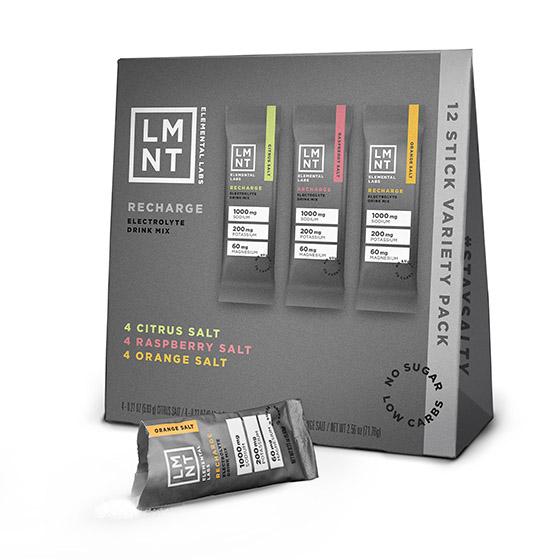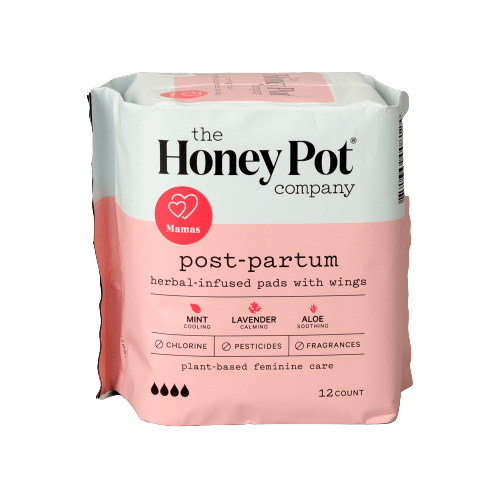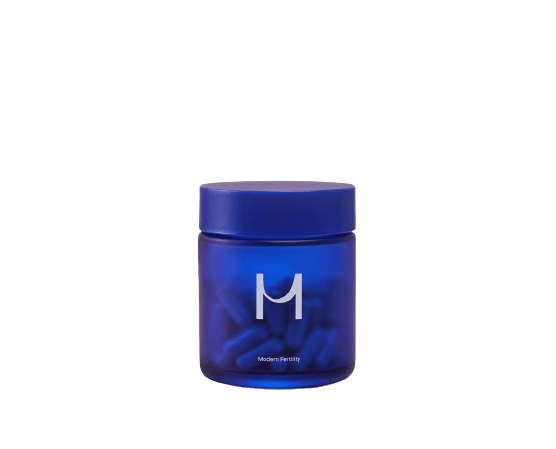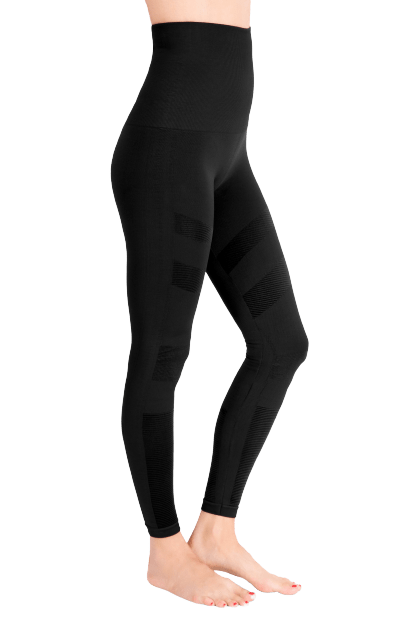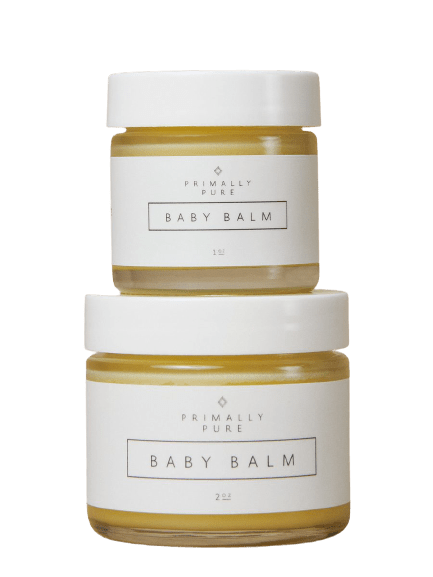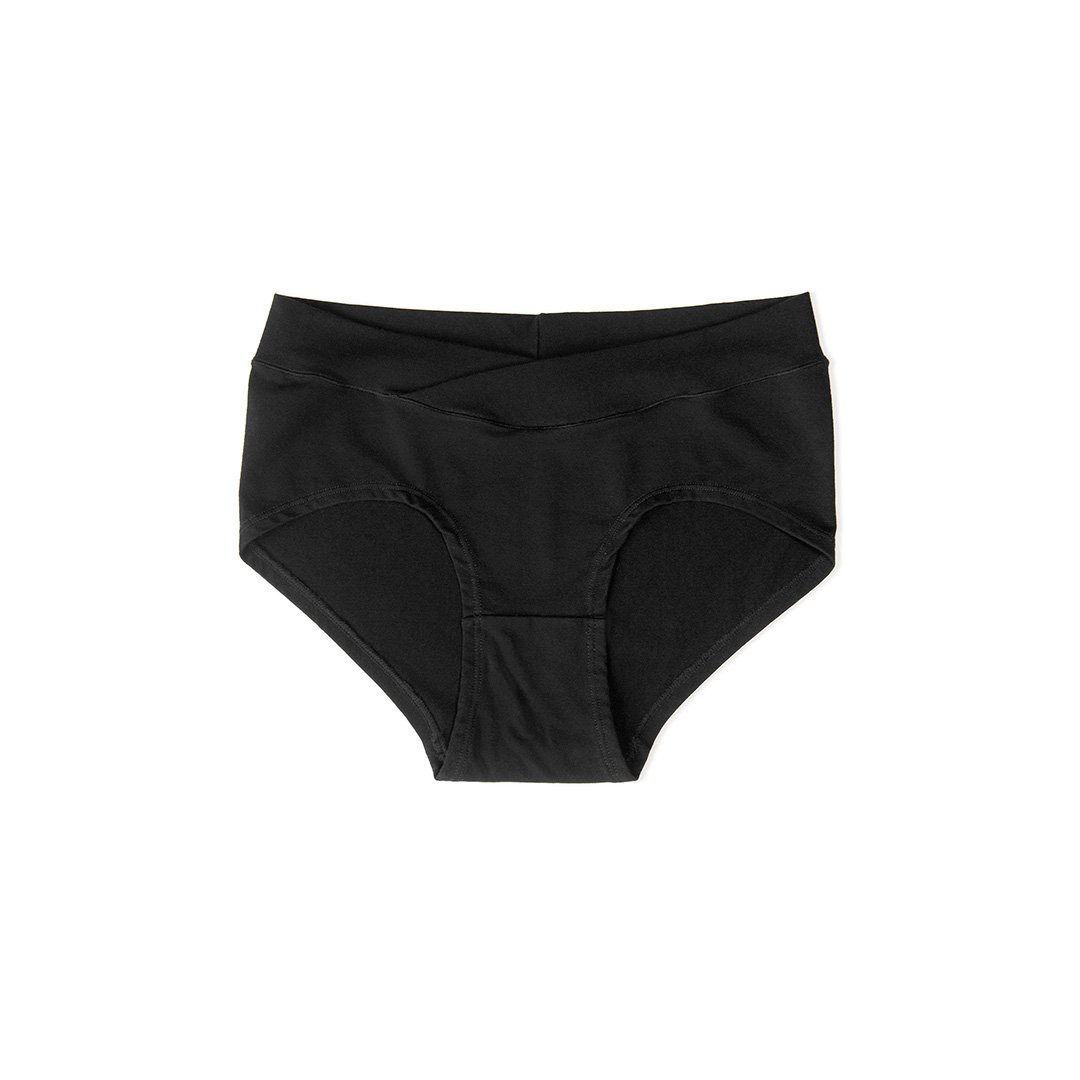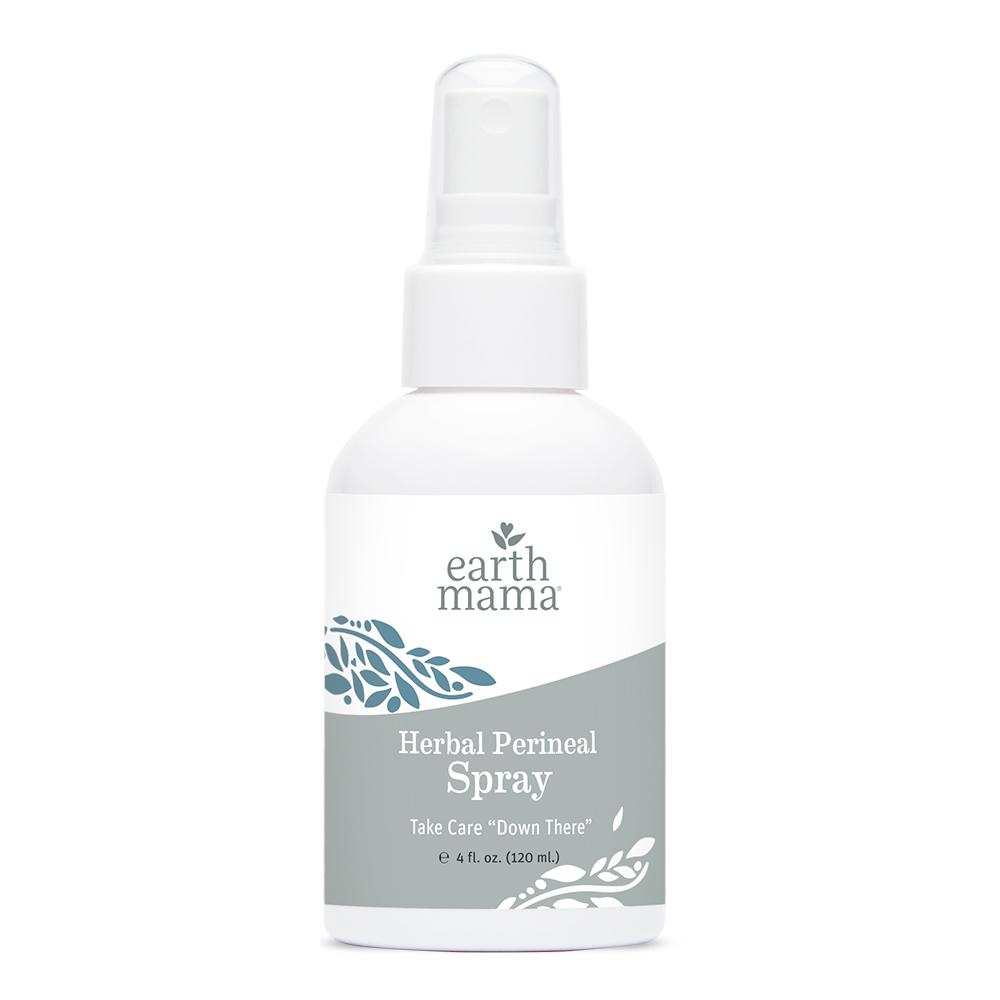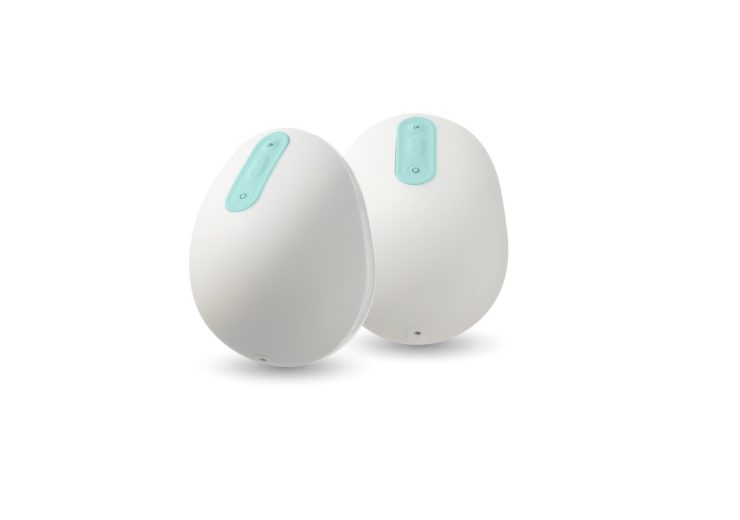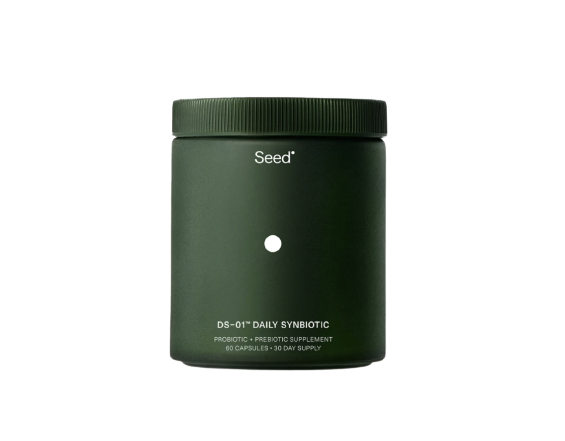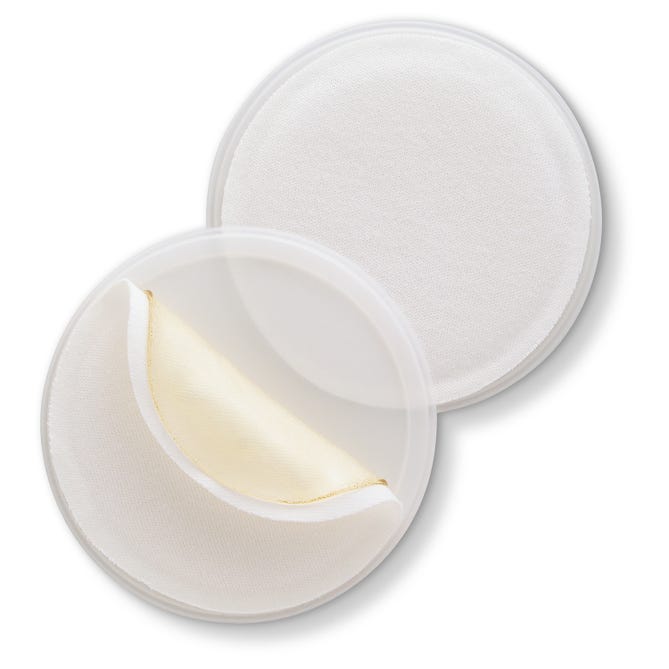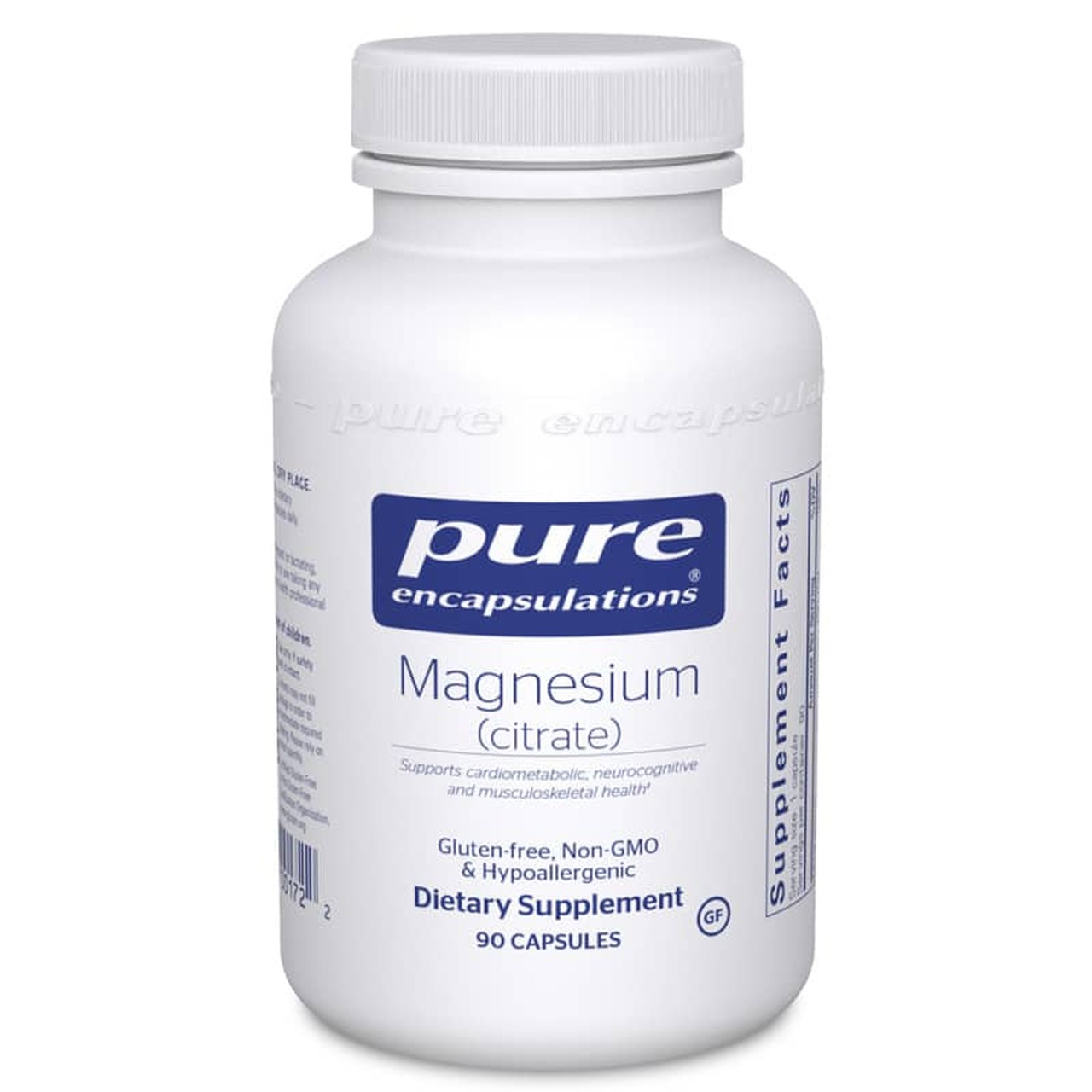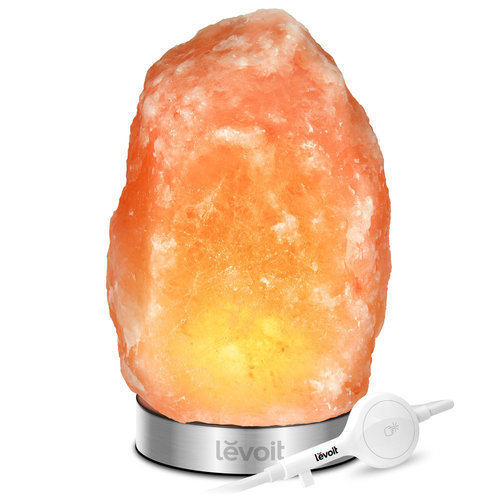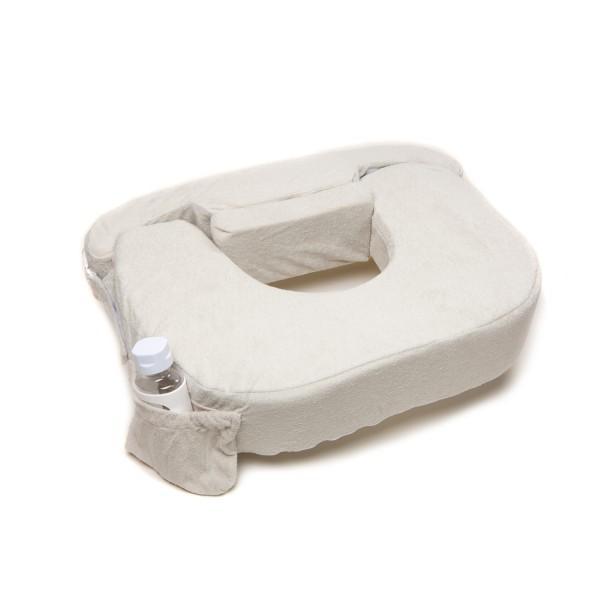recipes
lifestyle
wellness
motherhood
mindset
About
E-Books
Blog
Freebies
partnerships
hi, i'm lauren!
hey there!
I’m on a hot mission to help you balance your hormones & live your best life.
categories
Home
Quiz
Get In Touch
The Course
search:
Cookbook
Recipe key
GF
VG
P
Vegan
Gluten Free
Paleo
DF
Dairy-Free
download now
Join Hormone Healthy Eats!
Become a SFNSG insider to get my monthly Substack, Hormone Healthy Eats! Packed with the latest hormone-healthy recipes
+ tips.
jump to recipe >
There’s a lot going on during your first few months postpartum.
Not only are you navigating life with a newborn and all that it encompasses (sleepless nights, nursing, diapers, spit up, crying, etc.) but your body is recovering from birth (a classified trauma) and going through some major hormonal shifts.
Thus, while you’re focusing most of your time and energy on taking care of this amazing new little human, it’s also critical during this time to focus on taking care of yourself.
Prioritizing your own healing during this phase can make all the difference in how your hormones adapt, leading to more energy, a properly functioning metabolism, a symptom-free menstrual cycle, a stable mood, healthy sex drive, optimized digestion and ultimately feeling like yourself again.
Need help getting started? Read below for 9 simple and actionable tips to help you feel your best and naturally balance hormones postpartum.
6+ months postpartum? Check out my Hormone Balance Reset Plan for one month’s worth of hormone balancing recipes, supplements + lifestyle tips you can incorporate into your healing.
6+ months postpartum? Check out my Hormone Balance Reset Plan for one month’s worth of hormone balancing recipes, supplements + lifestyle tips you can incorporate into your healing.
COMMON POSTPARTUM HORMONAL IMBALANCES
As you can imagine, your body goes through a ton of changes during pregnancy and to prepare for birth. A huge part of this is the role your hormones play.
Progesterone Plummets
The most common hormonal shift women experience that tends to cause unwanted symptoms postpartum is estrogen dominance. During your pregnancy, progesterone levels rise significantly to prepare your endometrium to feed your growing fetus. Your estrogen levels also rise, and are highest right before labor. As long as there is a proper balance between estrogen and progesterone, things remain in equilibrium and “balanced.”
Immediately after you give birth to your placenta, your progesterone levels plummet back to what they were pre-pregnancy as your estrogen levels remain high. Progesterone is known for its calming, mood-elevating effects, so such an immediate and dramatic drop in this hormone can cause mood shifts that range from the baby blues to full-on postpartum depression.
Estrogen Dominance
Your hormones will typically stabilize within the first couple of weeks, but if estrogen levels continue to stay high in relation to progesterone (which is now very common due to our exposure to estrogen-disrupting xenoestrogens like BPA and phthalates, as well as alcohol, birth control and other outside sources that tax our liver) you’ll experience estrogen dominance symptoms, such as mood swings, insomnia, irritability, depression, brain fog, fatigue, head aches, water retention and bloating.
Under Active Thyroid aka Hypothyroidism
Symptoms of low-thyroid or hypothyroidism commonly include constipation, fatigue, weight gain (or inability to lose weight), dry skin, brittle hair or hair loss, high heart rate, tremors and cold intolerance.
Bottomline
Many of the postpartum symptoms women commonly experience are due to an imbalance of estrogen in relation to progesterone (i.e. estrogen dominance), adrenal fatigue and under active thyroid. Make sure to see your licensed medical practitioner if you experience any of the symptoms mentioned above and read below for tips to feel your best and naturally balance your hormones postpartum.
9 TIPS TO NATURALLY BALANCE HORMONES POSTPARTUM
1. Eat Plenty of Nourishing Foods
During pregnancy, your body prioritizes nutrients you consume to feed your growing baby, making it a likely occurrence that you could be depleted yourself. If you’ve had a vaginal birth, you’ll likely lose additional nutrients (especially iron) due to blood loss. Add in all of the nutrients it requires to nurse and keep up your milk supply (400-500 additional calories worth per day) and you’ve got a recipe for nutrient deficiency, which is a huge contributor to hormone imbalance.
Thus one of the most impactful action steps you can take to balance your hormones postpartum is to replete and rebuild your micro and macronutrients (the building blocks of your hormones). Some nutrient-rich sources to incorporate include bone broth, organ meats or liver (sounds gross but incredibly nutrient-dense), grass-fed meats (especially red meat), healthy fats like avocado, eggs, salmon, ghee, extra virgin olive oil, nuts, seeds, etc. and complex carbs like oats, rice and legumes, as well as plenty of plants, especially leafy greens and citrus (rich in vitamin-c that helps you absorb iron).
Action Step:
Because I know how hard it can be to want to cook post-birth (especially in those first few weeks), try organizing a meal train/delivery service or stocking up on foods and making some freezer-friendly options prior. Some nourishing and delicious postpartum recipes you can send to friends/loved ones (or make ahead) include:
-
+ Sweet Potato Shepherd’s Pie
-
+ Bison and Butternut Squash Chili
-
+ Immunity-Boosting Chicken Chickpea Noodle Soup
-
+ Postpartum Dark Chocolate Chunk Nut Butter Balls
-
+ Gut-Healing Chicken Korma + Cauliflower Rice
-
+ Spiced Chickpea, Sweet Potato + Cauliflower Curry
-
+ No-Bake Postpartum Monster Cookie Dough Balls
-
+ One-Pot African + Peanut Sweet Potato Stew
-
+ Spicy Lamb Meatballs + Coconut Curry “Noodles
-
+ Gut-Friendly Paleo Butter Chicken
-
+ Postpartum Hormone Balancing Peanut Butter Banana Baked Oatmeal
-
Avocado Curry with Chicken + Vegetables
-
+ Slow Cooker Chicken Taco Soup
2. Supplement Smartly
Because nutrient depletion is so common during your first few months postpartum (see above), after prioritizing nutrient-dense foods it’s important to fill in the gaps with supplements. Getting a simple blood test with your medical practitioner can help you determine a targeted approach, but in general the most common nutrient deficiencies postpartum include iron, b-vitamins (especially b-12 and folate), and vitamin D.
Additionally, it’s important to boost up your intake of nutrients like DHA (an omega-3 fatty acid that is crucial for nutrient-dense breast milk) choline (critical for baby’s brain development), probiotics (especially helpful at restoring + balancing your gut microbiome if you’ve had a c-section) calcium, magnesium and trace minerals, which will help to balance your hormones AND optimize your baby’s health (if nursing).
Action Step:
Make sure you’re incorporating a good multi-vitamin (I recommend continuing to take your prenatal and personally use this brand) daily, as well as a DHA supplement (I use this one), activated b-complex, vitamin D3, probiotic **use code SOFRESH15 to save and trace minerals (love that you can easily add this brand to your water). **Please also discuss with your licensed medical practitioner prior to taking.
3. Hydrate Regularly
You need even more water while nursing than you did during pregnancy, as breast milk is made up of 90% water (experts recommend about 128 oz per day, or approximately four 30 liter water bottles).
Not only will hydrating ensure you can keep your milk supply up, but it will do wonders for your hormones, working to mitigate headaches, offset fatigue or brain fog, improve digestion, and flush out waste and other toxins (crucial for alleviating constipation which can lead to estrogen dominance).
Action Step:
Purchase a reusable water bottle and make sure to keep it at an arms length and filled throughout the day. If drinking water isn’t something that comes naturally to you, try enhancing it with lemons, ginger or fresh mint. You can also try consuming coconut water for additional electrolytes, or my favorite, enhancing your water with trace minerals.
4. Rest As Much As Possible
While this can be difficult when you’ve got a newborn waking you at all hours of the night, it’s crucial during this phase to prioritize rest and sleep whenever possible.
Not only will this help regulate your hormones (including stress hormone cortisol, sleep hormone melatonin, hunger hormone ghrelin and satiation hormone leptin) but staying horizontal will help to keep pressure off your pelvic floor, optimizing the healing process and minimizing postpartum bleeding.
Action Step:
Outsource and delegate whatever you can (i.e. ask friends/family/your partner to bring or cook meals, fold laundry, clean, etc.), especially during the first couple of weeks. Set limits and boundaries where you need (i.e. visiting hours, etc.) and resist the urge to “be productive” or overdo it. Above all remember rest is a key part of your recovery, and can make all the difference in your hormone and postnatal health down the road.
5. Load Up On Iron
As mentioned earlier, postpartum iron deficiency is quite common due to pregnancy-induced anemia and blood loss during birth. This can be detrimental to your hormones, as iron is needed for thyroid function, contributing to a stable metabolism, energy and mood.
Action Step:
Getting a simple blood test can give you a good idea where your levels are at and if you need supplement support. As always, the best way to incorporate this nutrient is through real, whole foods, especially iron-rich organ meats (liver), grass-fed red meat (beef, bison, buffalo), leafy greens, legumes and eggs.
6. Try Infrared Sauna
While far-infrared sauna may seem like a luxury a new mama simply doesn’t have time for, just one session can provide a plethora of health benefits, including the release of endorphins and other positive neurotransmitters in our brains, helping to combat depression, anxiety, and alleviate postpartum mood symptoms. Because we’re advised not to exercise the first six weeks postpartum, it’s also a safe way to work up a sweat, helping to expel additional toxins that can negatively impact your liver and hormone health.
Action Step:
While there is a ton of research to back up the health benefits, there’s little to none as it relates to milk supply and breastfeeding. Some doctors suggest pumping and dumping (as saunas cause you to detox, and toxins can be excreted via milk glands), while others say to limit use if milk supply is low. I recommend consulting with your medical practitioner first, then trying one session to see how you feel.
7. Get Your Thyroid Checked
As mentioned earlier, an under active thyroid or hypothyroidism is a common postpartum hormone imbalance, contributing to symptoms of hair loss, fatigue, weight gain (or stubborn weight loss), cold hands or feet, brain fog, constipation, dry skin, and heavy or irregular periods. Thus it’s important to support your thyroid by following the steps in this blog post (especially as it relates to food and supplements) and getting a full thyroid panel done by your medical practitioner to identify if you need additional help.
Action Step:
Look into getting a full thyroid panel done by a licensed naturopathic/functional doctor or hormone health specialist, who tend to use the most optimal biomarkers (i.e. thyroid health is thriving, not just “surviving”). Make sure the panel includes TSH, Total and Free T4, Total and Free T3, Reverse T3, Anti-TPO and Anti-thyroglobulin.
8. Try Acupuncture/Massage
Studies show that massage reduces the production of the stress hormone cortisol as well as balances neurotransmitters dopamine and serotonin, which are intricately linked to depression, while research shows acupuncture to help balance hormones and even increase your milk supply. Both are also incredibly relaxing, and may even help you sneak in a much needed nap.
Action Step:
If you’re not able/feeling up to leaving the house, there are now plenty of in-home services available that will come to you (I’ve heard great things about this one). Additionally, if acupuncture is off the table you can try doing simple acupressure techniques at home to help stimulate blood flow and endorphin production.
9. Walks + Low-Impact Movement
While exercise is not advised the first six weeks postpartum, low-impact movement like walking is encouraged once you feel up to it (make sure to avoid the first few days to promote pelvic healing).
Numerous studies also show being out in nature (even as little as 15 minutes per day) helps to boost circulation (needed for proper detoxification), regulate our circadian rhythm (necessary for restful sleep), improve our immune system and reduce the production of stress hormone cortisol.
Action Step:
Depending on the type of birth you had, you may not feel up to walking for awhile, and that’s totally okay. It’s important to go at your pace and do what feels best for you. When ready, start small and work your way up to longer walks as you continue to heal.
POSTPARTUM HORMONE BALANCING BOTTOMLINE
As a new mama, prioritizing your rest, wellbeing and self-care during the first few months postpartum has a huge impact on your healing and recovery, working to balance your hormones and optimize your overall health. Try any of the simple steps listed in this post to support you on your path, consult with your licensed medical practitioner, and above all always, always check in with yourself and what you need. You got this mama.
OTHER HORMONE BALANCING POSTPARTUM RESOURCES
-
+ My Must-Have Postpartum Recovery Essentials
-
+ Postpartum Recipes To Balance Hormones After Birth
-
+ Postpartum Anxiety Treatment + Coping Options
SHOP MY MUST-HAVE POSTPARTUM RECOVERY ESSENTIALS
**This post contains affiliate links and I may receive a small commission, at no extra cost to you, should you purchase through a link on this page.
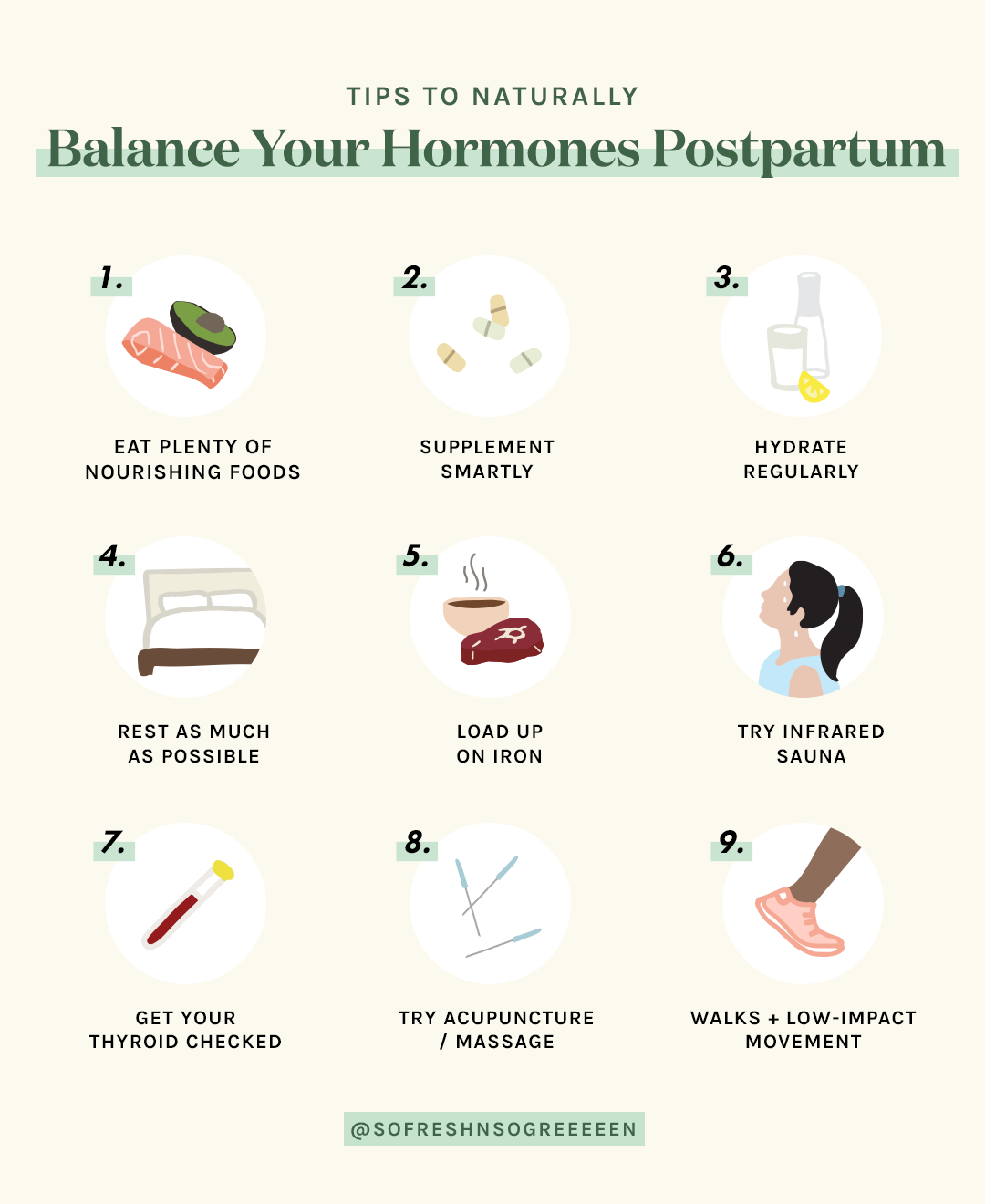
If you loved that...

01.
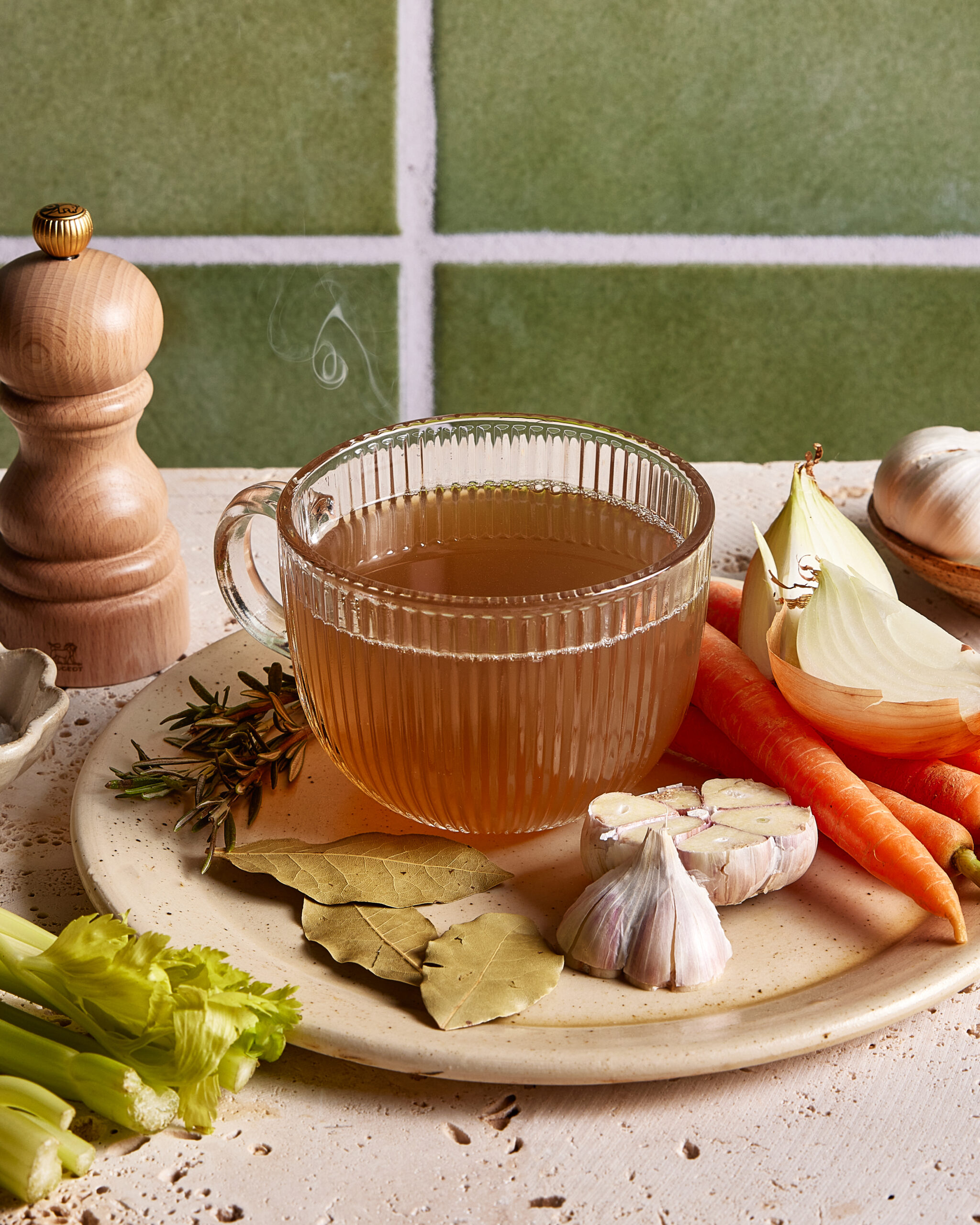
02.

03.
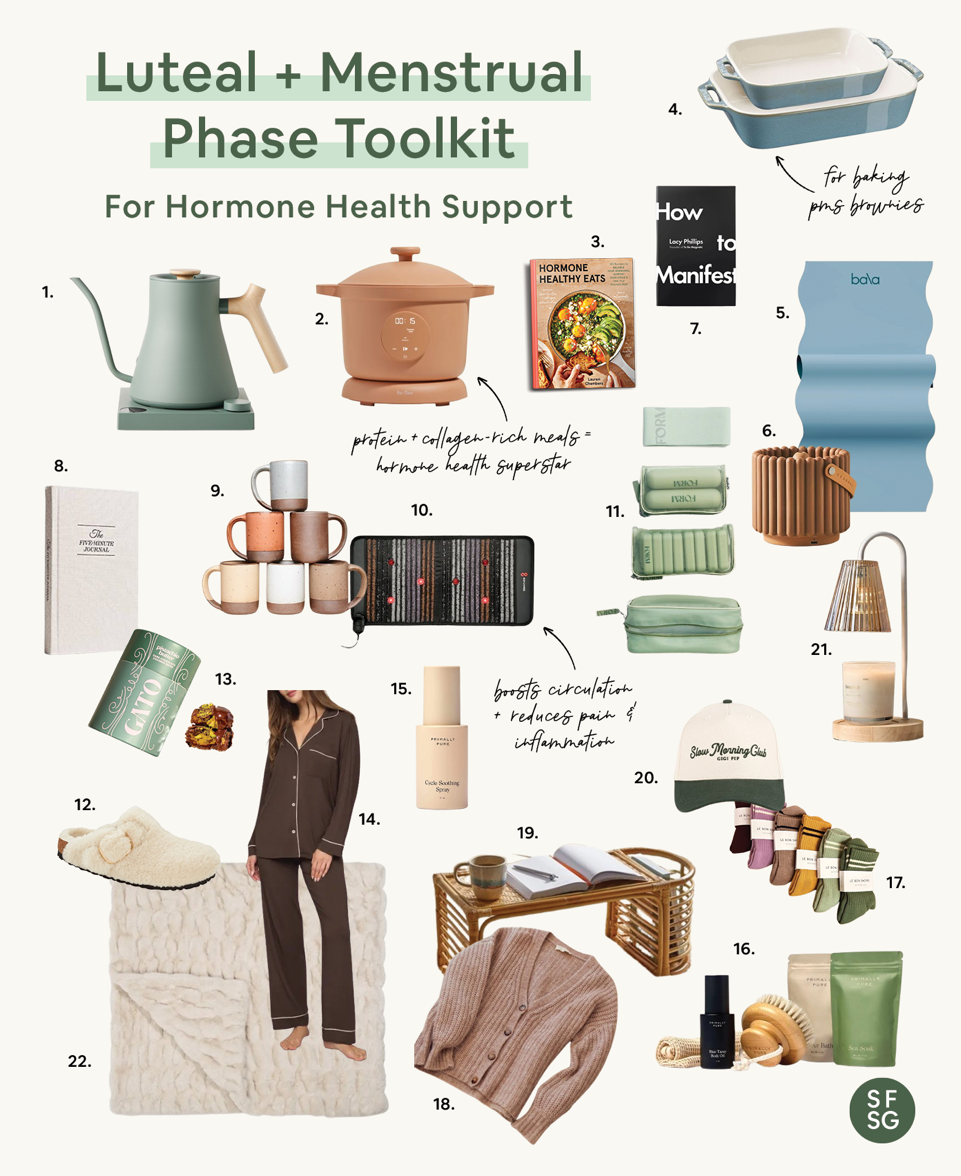
04.
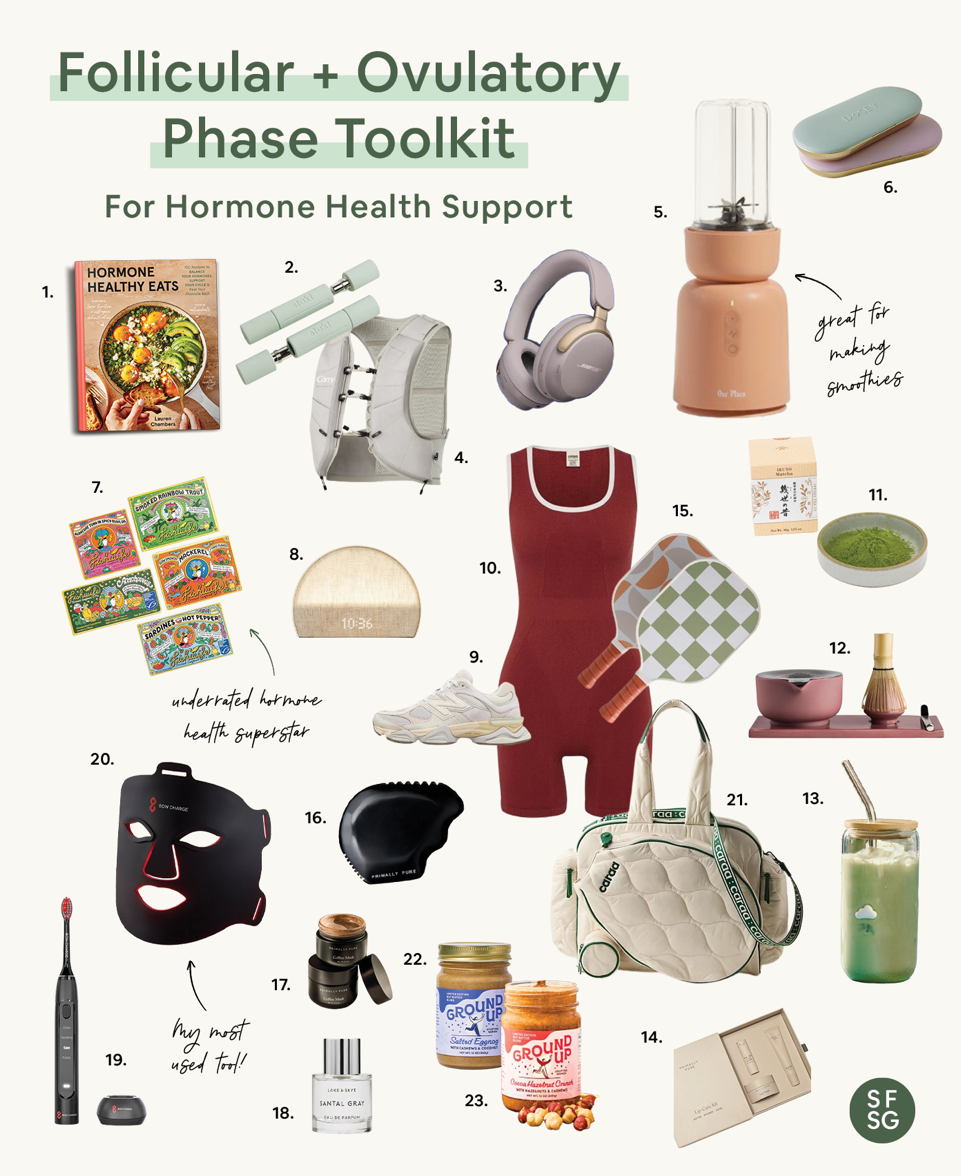
05.
hey!
Keep Browsing
Site
Keep Browsing
Site
the
about
e-books
blog
downloads
quiz
Welcome friend, I'm lauren.
I’m honored to support you on your journey to optimal hormone health + happiness. Thanks for being here babe.
